Description
The Psycho-Geography of Our Urban Existence
Since the 1990s, artist and filmmaker Sarah Morris has created a body of work that has been inspired by her interest in the psychology of urban environments. Her complex abstractions, which derive their vivid colors from each city’s unique vocabulary and palette, trace the social and bureaucratic topologies of contemporary cities to reveal the architecturally encoded politics. In her films-a parallel practice intimately intertwined with her painting-Morris further explores the psycho-geography and the dynamic nature of cities in flux through multi-layered and fragmented narratives. She purposely leaves her work open for interpretation, conveying a heightened sense to the viewer of both our complicity in a larger system and an increasingly disorienting experience of modern urban existence. Featuring more than 60 paintings, including impressions of the 15 films to date, drawings, as well as an in-depth interview with the artist and two major essays, the catalogue offers the first comprehensive overview of Morris’s oeuvre.

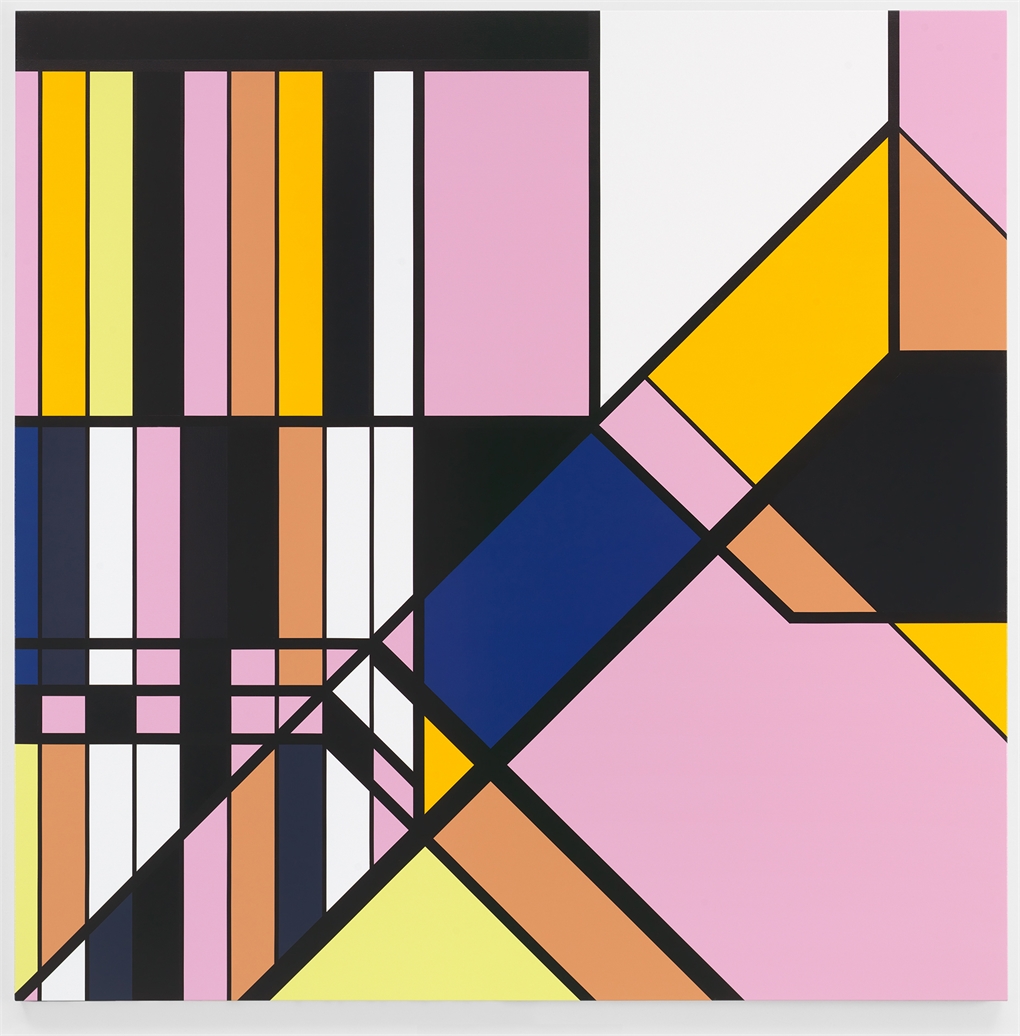
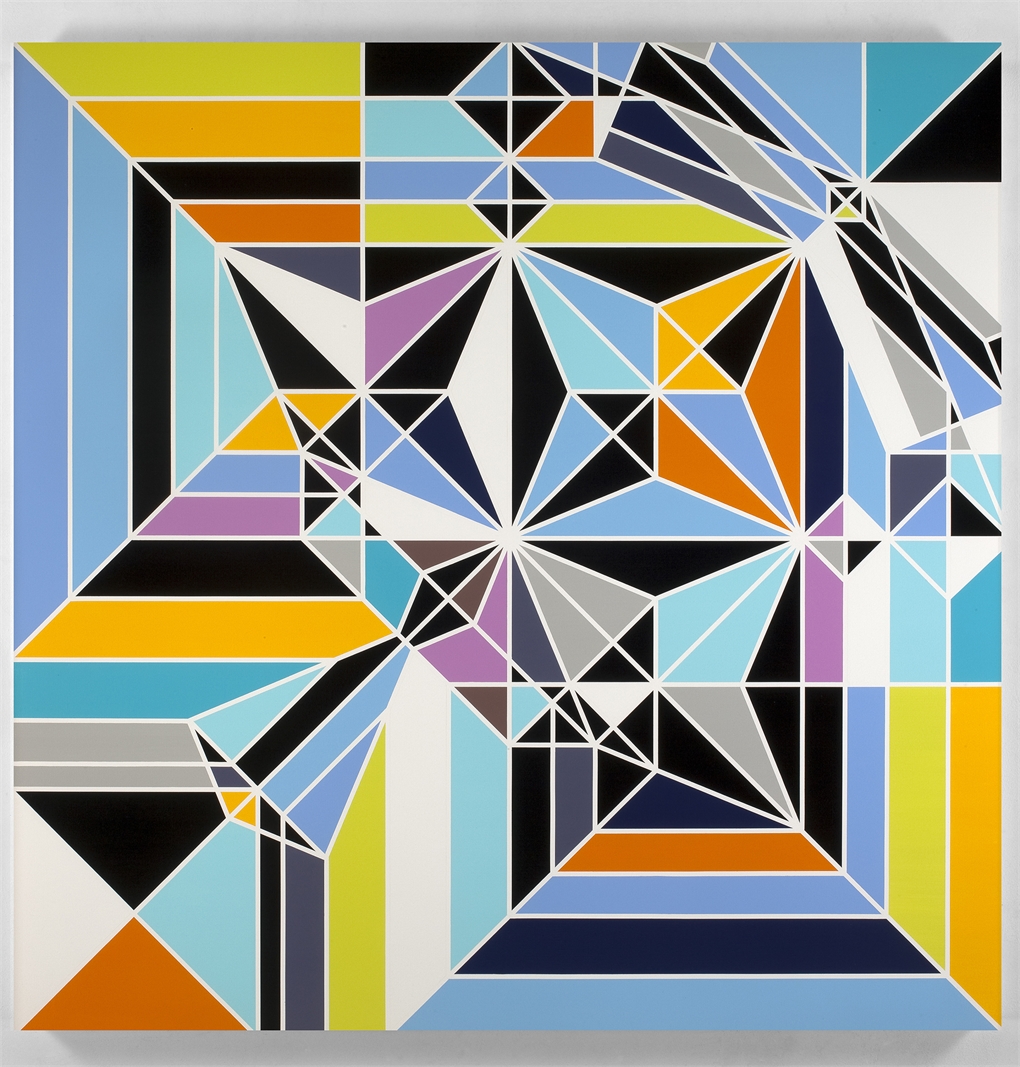
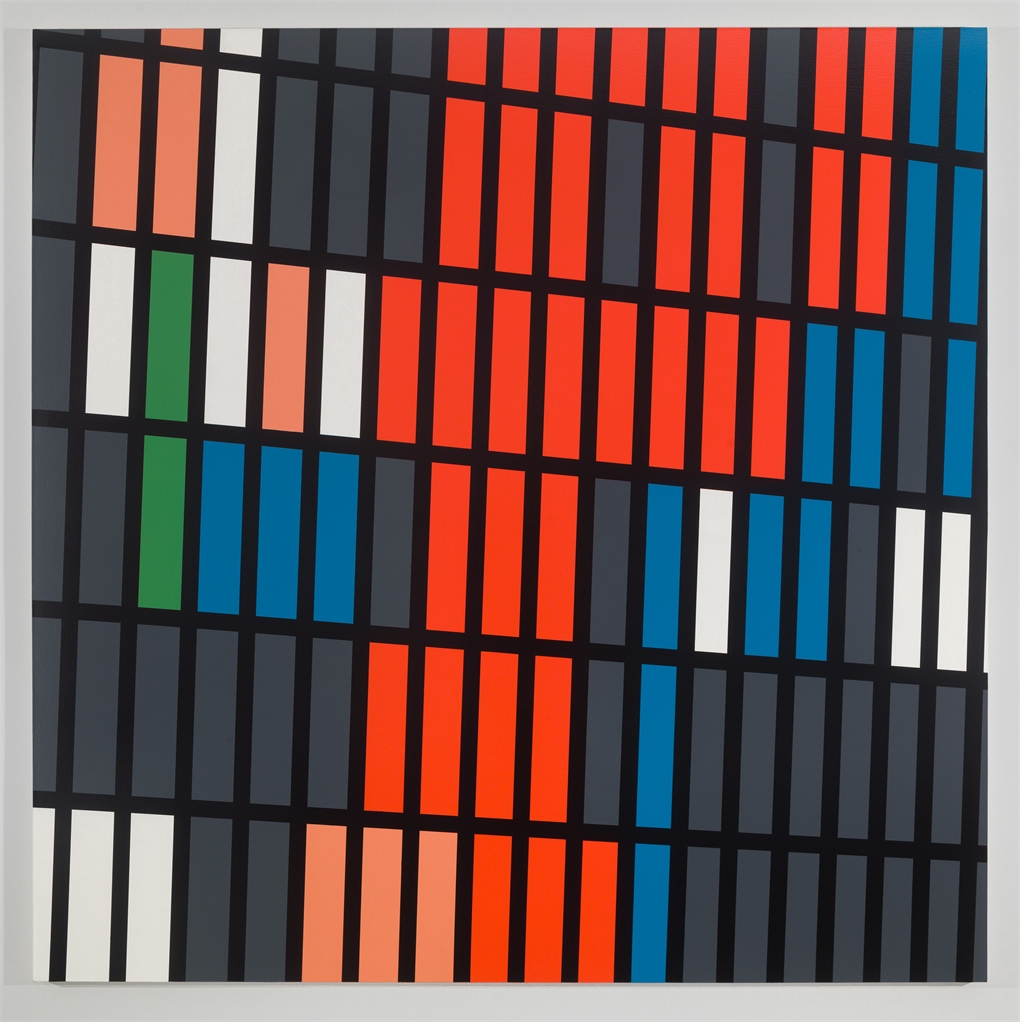
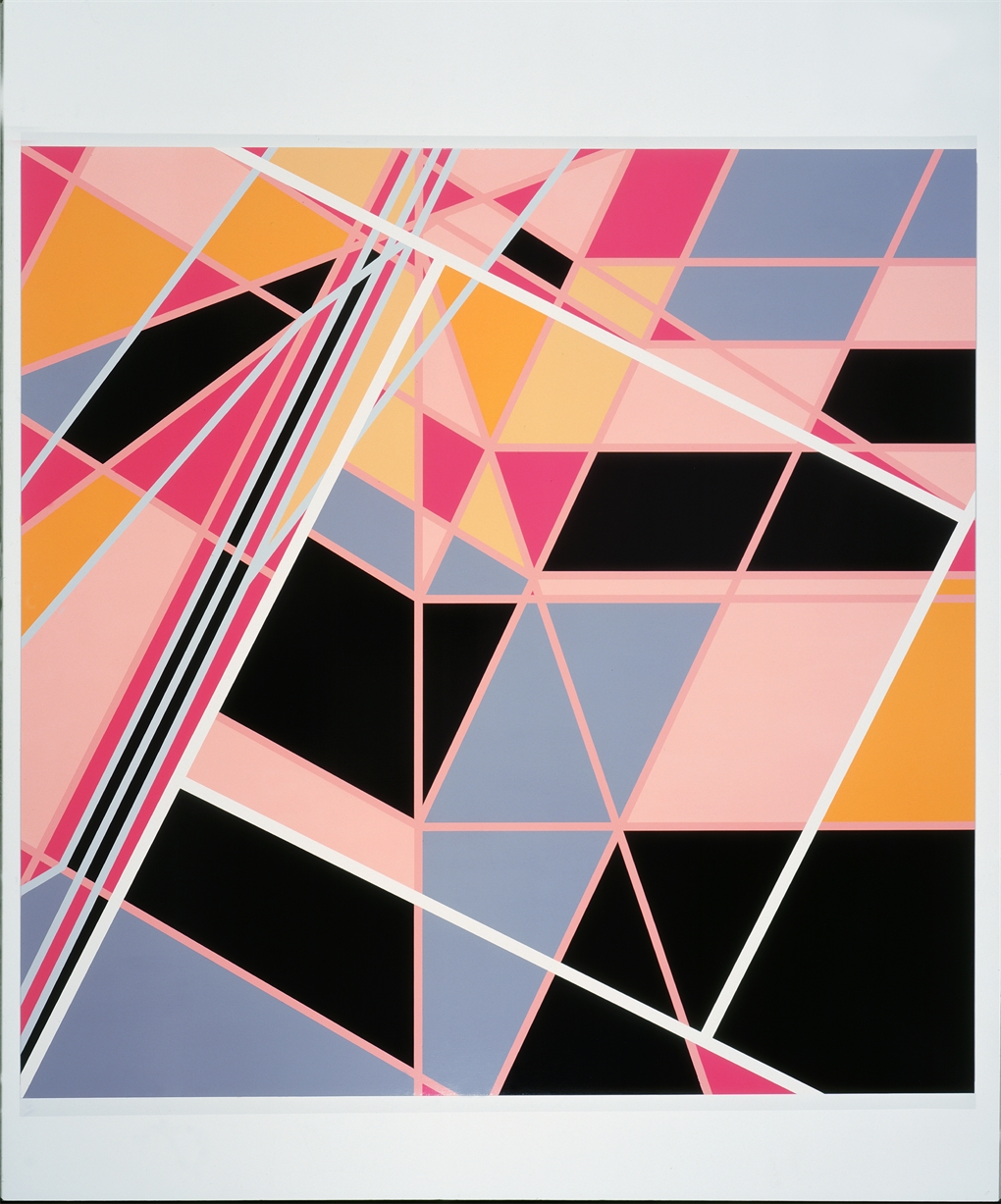
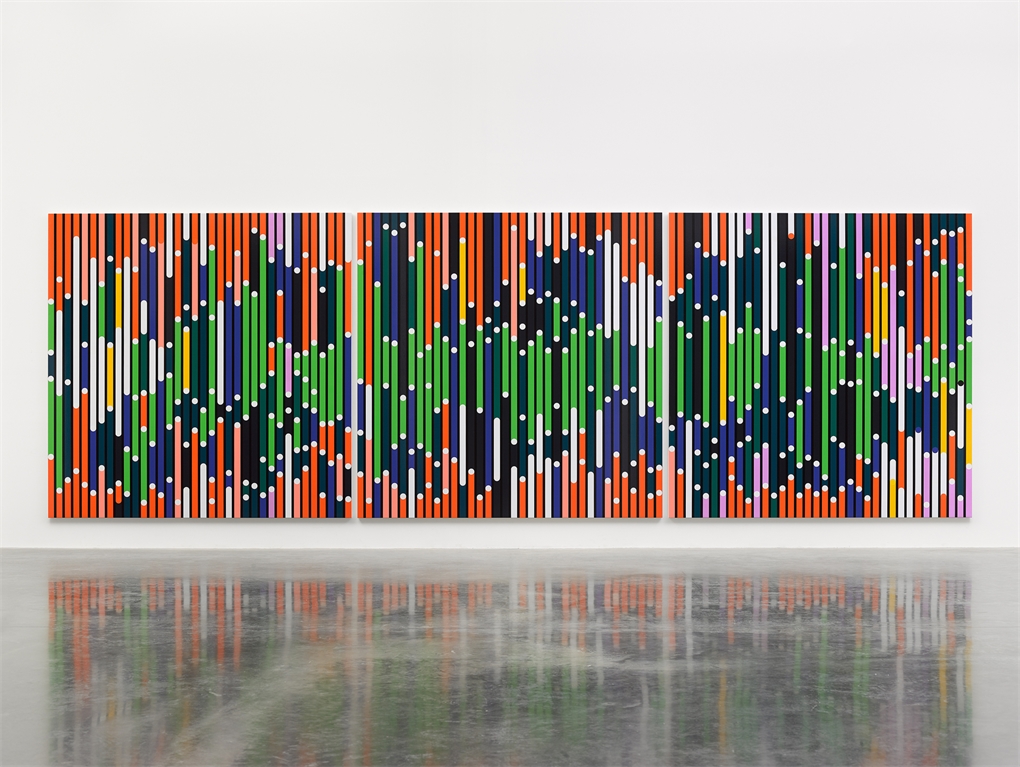
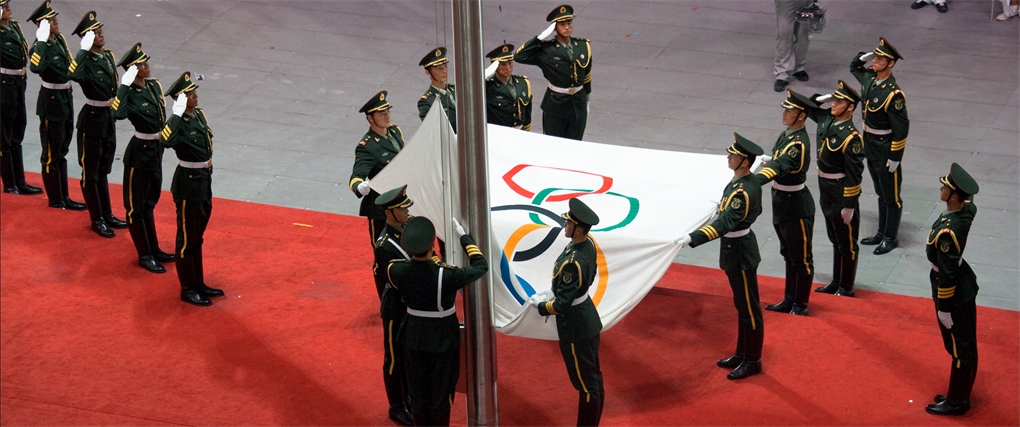





Reviews
There are no reviews yet.